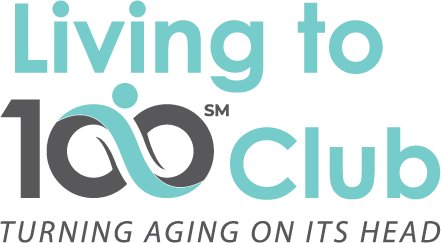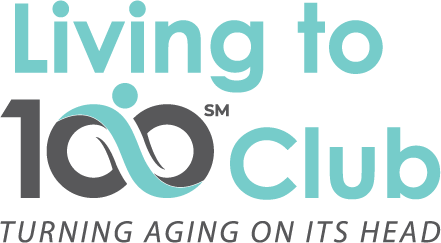For older adults, there are many occasions when a major physical or personal event takes a huge toll on the person’s outlook and potential recovery. The recovery may mean a return to normal, that is, to how things were before the event. On many occasions, however, it may mean creating a new normal. The person will never or most likely never return to the way things used to be. That, is, unlikely ever going back to the normal status. It’s helpful to recognize this distinction when interacting with the seniors in your community who have experienced a traumatizing event.
The best example of a likely return to normal situation is a hip fracture after a fall. The person is hospitalized, undergoes hip surgery, and then transfers to an acute rehabilitation setting for physical therapy. Under usual circumstances, the person engages in the therapy and eventually is able to return home. In time, she resumes a more or less normal post-hospital status, i.e., a return to normal. This could mean daily walks or running again, usual chores and social activities, routine self-care, and so on.
The best example of a need for a new normal is an occasion involving a stroke, i.e., cerebrovascular accident (CVA). Hospitalization is indispensable for the older adult, possible surgery, and transfer to an acute rehabilitation unit. However, the difference between here is that the CVA may have left permanent damage. Examples include hemiparesis or hemiplegia (weakness or paralysis in part of the body), or aphasia, resulting in a difficulty with expressive or receptive language.
Depending on the severity of the CVA, the person will unlikely resume the daily activities and behaviors that were customary before the CVA. The damage is medically determined to be permanent and unresponsive to intense rehabilitation. This of course does not mean that a medical event like a CVA is not treatable. This is an example of the understanding that in some cases, the person must learn to adjust to a new normal. This “new normal” is one with new deficits and weaknesses. Just the same, the new normal dictates the need to highlight the person’s residual strengths, those that have not diminished in any way. It also highlights the possibility of learning new skills. These new skills can come out from the shadow cast by the medical setback.
The goal is to discerning the difference between these two outcomes. And, helping with the person’s understanding of the expected course of recovery will add a huge measure of support for him or her.



Steven Hansen
LTB100C–I am discovering a somewhat different obstacle.{ I will be 90 in Feb 2024. I am reasonably active-a widower,-living alone, playing golf and boating. In my community I think I am respected, well liked, and have friends. I had a significant heart attack 7 years ago and have 4 stents in my heart arteries.} Six months ago as part of my routine physical exam, it was discovered that I was anemic. Instead of 14, my hemoglobin was 11. I had asked for a CBC lab work up because on the golf course my swing speed and distance of ball flight was diminishing more rapidly than I thought was usual with aging. My local Hematology department has been unable to discover a disease. I went to Mayo Clinic and they were unable to discover a disease. The general advice is to wait and watch my lab values. Perhaps in old age the capacity of my bone marrow to make new red blood cells gradually fails. Here is the problem–I think I can detect a bias against delving into my “case”, because the medical staff has me pegged as more active/healthier than most people my age!! At the Mayo Clinic, the doc even said “you don’t look a day over 75–and you are still playing golf??? In other words, I’m not entitled to complain!. That’s all very nice, but it is not what I want from my doctors. Have other members of the LTB100C experienced this phenomenon? I can imagine a scenario in which the medical establishment, as a whole, in the face of financial and staffing shortages, has begun to put the elderly into the “lower priority” grouping. I seem to have no choice but to wait and watch my ongoing lab values–but I do feel the sting of being in the “not of much concern” group. All my life, I have had medical advice as a high priority, and that is one of the reasons I’m as healthy as I am! In my circle of friends, perhaps the joke we have is true “60 is the new 80, but 90 is still 90”